The Ultimate Meyer Lemon Tree Care Guide: Growing a Meyer Lemon Tree Indoors Successfully
Growing a Meyer lemon tree indoors is one of the most rewarding ways to bring fresh citrus, fragrant blossoms, and year-round greenery into your home. Known for their sweeter flavor and thin, aromatic skin, the Meyer lemon is a hybrid citrus plant that thrives beautifully in containers—making it perfect for homes in cooler growing zones or for gardeners without outdoor space.
Whether you're beginning your indoor citrus journey or looking to improve your Meyer lemon tree care, this guide walks you through exactly how to grow a Meyer lemon tree indoors successfully—from choosing the best pot for a Meyer lemon tree to maintaining proper light, watering, and soil.

Why Grow a Meyer Lemon Tree Indoors?
If you live in an area with cold winters or simply want to enjoy citrus plants year-round, growing Meyer lemon indoors is ideal. The Improved Meyer lemon tree (a virus-free, dwarf variety) adapts especially well to pots and indoor environments. Indoor growing allows you to control sunlight, humidity, and soil—important factors for producing fragrant blossoms and juicy citrus fruit.
For more insight into citrus growing basics, explore the guide on how to grow citrus trees.
Urban gardeners will also appreciate that lemon trees make excellent container plants, which fits today’s small-space lifestyles. Learn more in this resource on urban gardening without a yard.
Choosing the Best Pot for a Meyer Lemon Tree
Container Size & Drainage
For a young tree, a 5-gallon pot—such as this 5-gallon black plastic pot—provides plenty of room for root growth without holding too much moisture. As your tree matures, upsize gradually to prevent it from becoming root-bound.
Whichever style you choose, drainage holes are essential to prevent root rot. Explore more options in the collections of planting containers, plastic pots, and tree and forestry pots.
Material Choices
- Terracotta: Breathable and great for preventing overwatering.
- Plastic: Lightweight and retains moisture longer—ideal for warmer homes or gardeners who water less frequently.

Best Potting Soil for a Meyer Lemon Tree
Indoor citrus thrives in light, well-drained soil that stays moist but not soggy. Aim for a pH between 5.5 and 6.5.
Recommended Soil Mix
Use:
- ⅓ peat moss – such as Sunshine Peat Moss
- ⅓ organic potting soil – try PVFS Organic Potting Soil
- ⅓ perlite – options available in the perlite collection
This combination supports airflow, drainage, and nutrient uptake. To understand how acidity affects citrus plants, review Understanding Soil pH.
How to Plant a Meyer Lemon Tree in a Container
- Remove Gently from the nursery pot.
- Trim circling or dried roots to encourage fresh growth.
- Position the tree so the root crown sits just above the soil line.
- Backfill with your citrus soil mix, pressing lightly.
- Water thoroughly to settle the soil.
For best results, start with an Improved Meyer semi-dwarf lemon tree, known for vigor and fruitfulness indoors.
Meyer Lemon Tree Indoor Care: Light, Water & Feeding
Light Requirements
Meyer lemons need full sun—about 8–12 hours daily. Place them near a south-facing window or supplement with grow lights from the Grow Lights Collection.
Learn more about citrus and sunlight in The Sunlight Sensitivity of Citrus Trees.
Watering
Water deeply when the top 2 inches become dry. Keep the soil moist, but avoid saturation. A soil moisture meter—such as those in the moisture meter collection—helps prevent overwatering.
Fertilizing
Citrus trees are heavy feeders. During early spring through summer, nourish your plant with an acid-loving fertilizer. Browse options in the acid-loving fertilizer collection.
Humidity
Indoor heating tends to dry the air. Create a humidity tray or mist your tree occasionally.
Pollination Indoors
Meyer lemons are self-fertile, but lightly brushing flowers with a soft paintbrush increases fruit set, especially when grown indoors.

Pruning & Repotting
Prune annually to:
- Remove dead or crossing branches
- Improve airflow
- Encourage strong fruiting wood
Repot every 2 years using fresh potting mix and a slightly bigger container.
For more small-space growing inspiration, explore container gardening for strawberries.
Conclusion
Growing a Meyer lemon tree indoors is easy, enjoyable, and incredibly rewarding. With the right container, proper lighting, the best potting soil for a Meyer lemon tree, and consistent watering, you can enjoy beautiful leaves, fragrant blooms, and delicious fruit—even if your lemon tree is never planted in the ground.
Start your indoor citrus adventure with confidence by exploring high-quality citrus trees and trusted tools at Grow Organic.





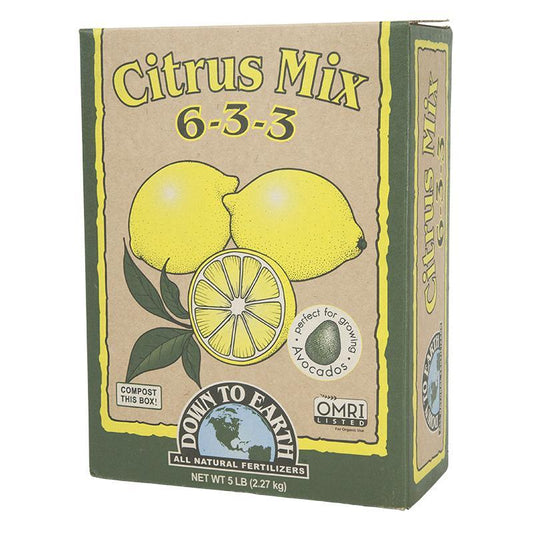
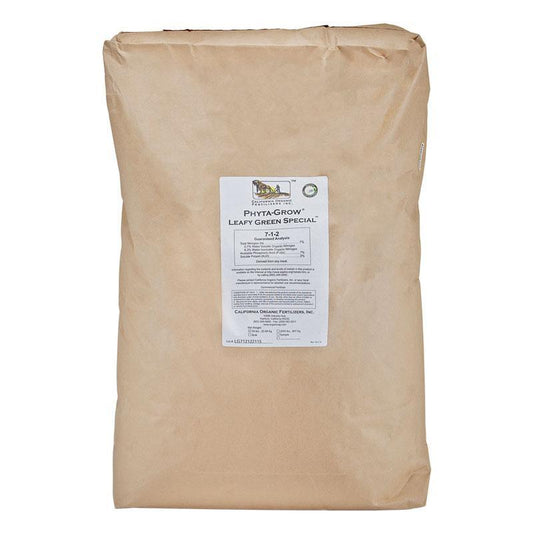
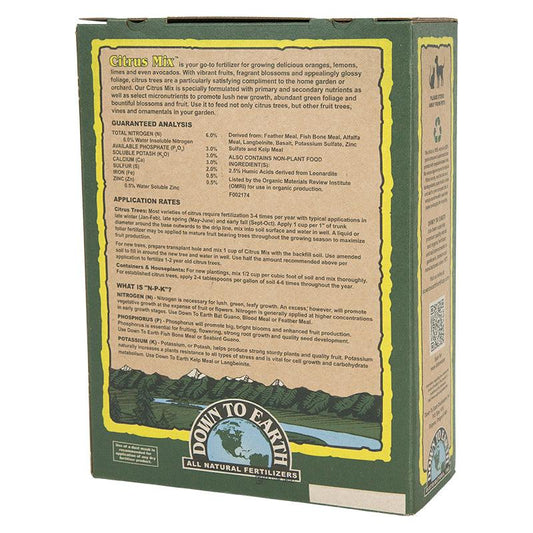
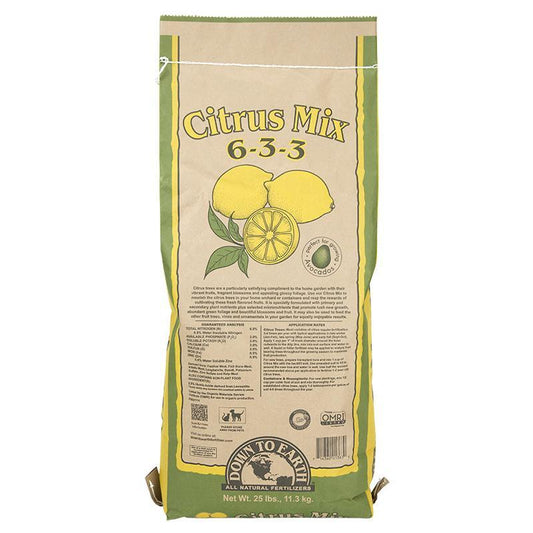
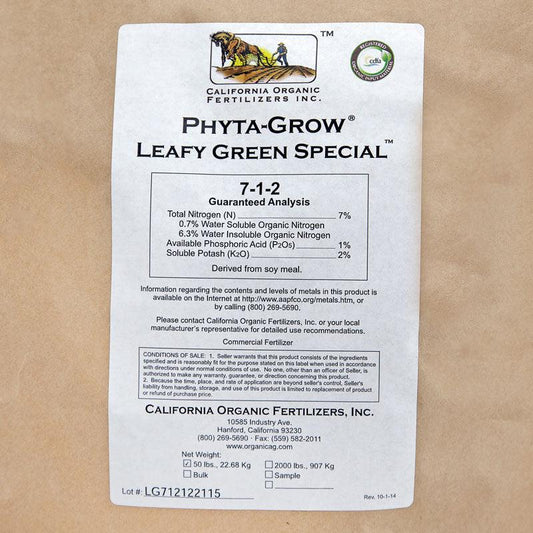
69 comments
Rita, in order to figure out how to care for your lemon, you will first need to identify what pest is eating your tree. Try going out at night with a flashlight to see if you can see any insects. You can also take photos of the damage and consult your local Master Gardener.
Kathy, lemons in containers need to be fed more frequently than those planted directly in the ground. I would feed them according to the product label for container plants. Probably once a month. Usually that is the cause of no flowers.
I bought a Meyer lemon tree about 4 years ago. It blossomed that first year. I potted it up, have fertilized with citrus fertilizer, it sits in a south window in winter and is moved outside in summer. It has not bloomed since that fist time when I bought it. Do you have any suggestions on how to get it to bloom. It is in a 12" deep pot, get plenty of water and sun, is about 5’ tall.
Emmanuelle, sounds like your flowers are not getting pollinated. This is usually that is the cause of flowers just dropping. Try hand pollinating and see if that helps. It could also be a result of stress. Do you water and fertilizer your potted lemon regularly? Potted plants lose fertilizers and need to be fertilized more often than plants in the ground.
I have a potted Meyer lemon tree outside in my patio in zone 10a-10b I believe (Miami). It has flowered several times, lemons start to grow, but fall off quickly before reaching full size. Is there any reason this happens and can I do anything to make them reach full size?